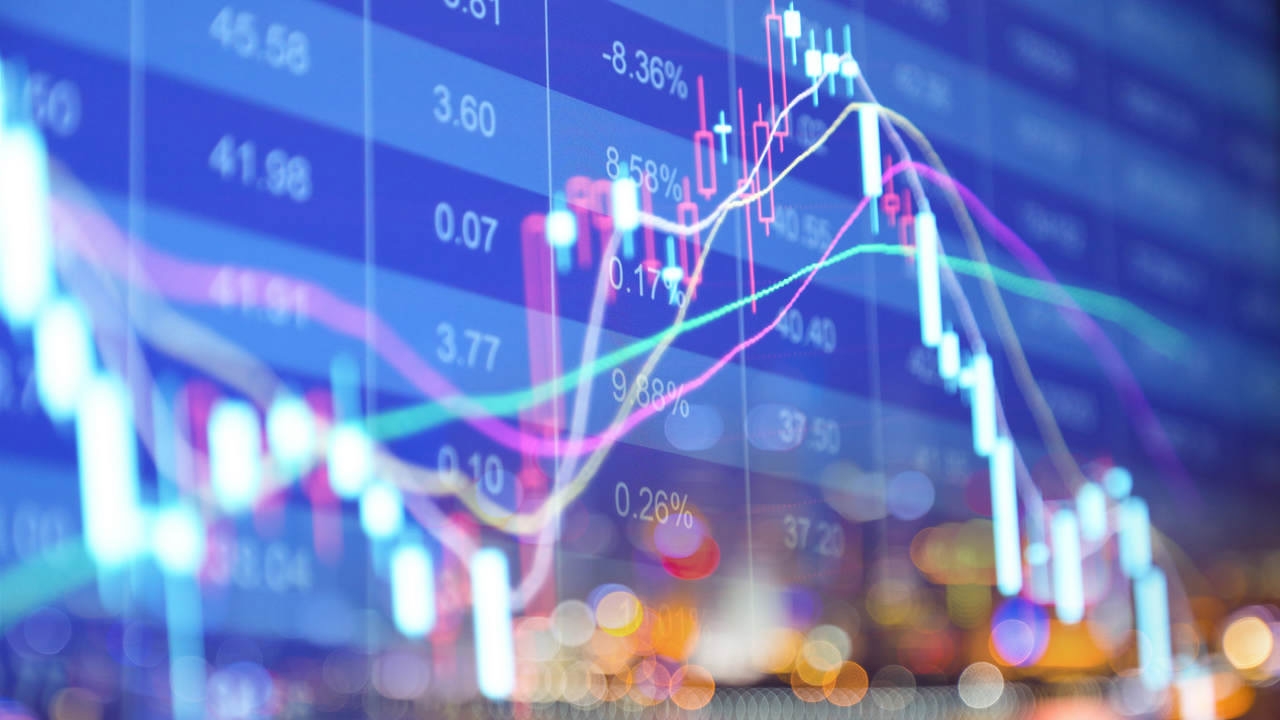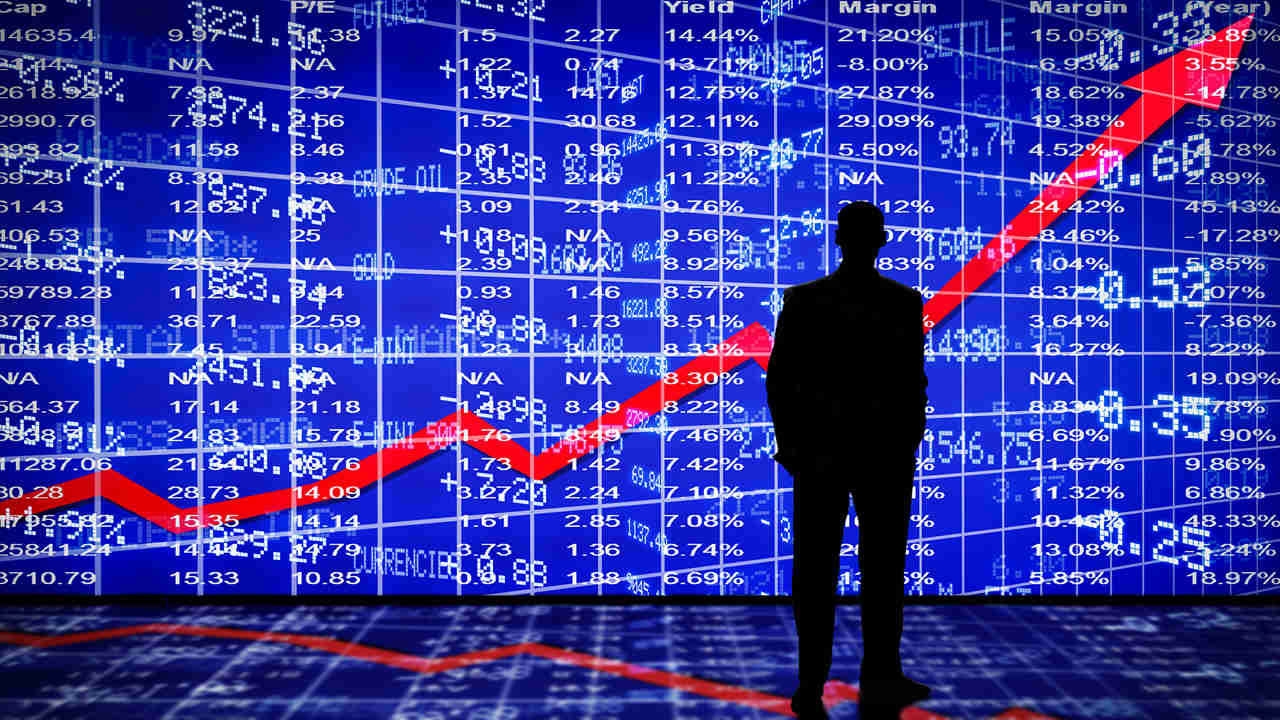
Business
20:55, 03-Oct-2017
HK stock market eyes shares up on first trading day in Q4
By CGTN’s Liang Rui

Hong Kong stock market rallied on Tuesday, the first trading day in the fourth quarter this year. That came after China's central bank cut reserve ratios and stronger-than-expected September factory activity.
The blue chip Hang Seng Index (HSI) closed up 2.3 percent at 28,173.21, highest since May 2015. Mainland banking shares staged a broad rally. ICBC jumped five percent to a historical high. China Merchants Bank surged eight percent. Auto shares also booked big gains, led by Geely, which jumped ten percent.

That was attributed to China's central bank latest announcement on the last Saturday – cutting the amount of cash that some banks must hold as reserves for the first time since February 2016 in a bid to encourage more lending to struggling smaller firms and energize its private sector.
Morgan Stanley said in a note that the move, which it estimated could release around 300 billion yuan (45 billion US dollars) in liquidity, should support banks' net interest margins and profit growth in 2018, when the cuts take effect.
Hong Kong-listed gaming stocks also rose, heading into a bumper National Holiday week which is expected to see strong visitor traffic to the world's biggest casino hub.
"The strong data and rate cut have definitely helped. But I think today's rally is also a reflection of investor optimism ahead of the party congress in two weeks," China Securities International head research Steven Liu said.

VCG Photo
VCG Photo
Thanks to a bigger deal volume and improved market vitality, the Hong Kong stock market has been picking up from the beginning of 2017. The HSI has risen almost 28 percent this year, according to KPMG’s report.
The report showed that the Initial Public Offering (IPO) market remained active in Hong Kong and this trend is expected to continue until the end of 2017. Total IPO number is 106 by the mid-September this year, up 56 percent compared with the 68 in the same period last year.
However, IPO number increase doesn't mean a growth in funds raised. Only 85 billion HK dollars (nearly 11 billion US dollar) were raised in the first three quarters of 2017, declined 37 percent year-on-year.
1970km

SITEMAP
Copyright © 2018 CGTN. Beijing ICP prepared NO.16065310-3
Copyright © 2018 CGTN. Beijing ICP prepared NO.16065310-3